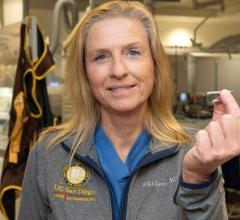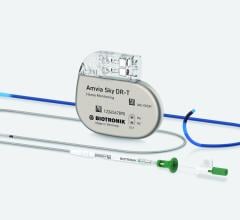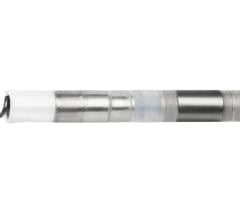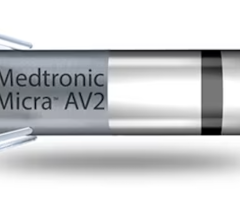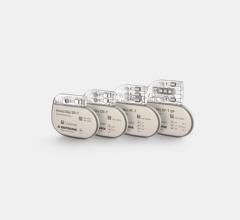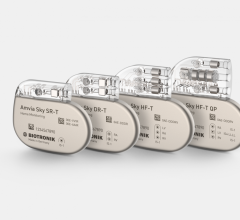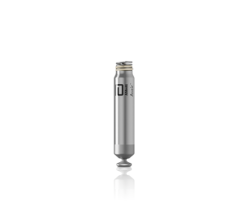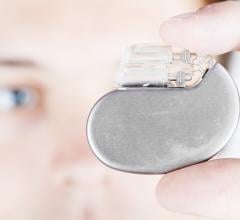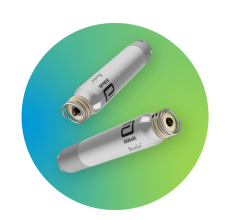October 6, 2009 – New research shows magnetic interference from portable headphones has a clinically significant impact on the function of life-saving devices, according to a new study published in the October edition of the HeartRhythm Journal, the official journal of the Heart Rhythm Society. The study is the largest and most complete of its kind and uncovers a need for greater dialogue between doctors and patients with implanted cardioverter-defibrillators (ICDs) and pacemakers.
An assessment of multiple portable headphone models in 100 patients revealed magnetic interference that may disrupt the function of ICDs and pacemakers and could potentially lead to life-threatening device malfunction. The study found the magnetic interference from headphones could cause improper arrhythmia detection in ICDs or asynchronous pacing in pacemaker patients. When headphones are placed fewer than 3 cm from the skin, magnetic interference may approach or exceed 10 Gauss, a level associated with ICD and pacemaker disruption.
“As digital music devices continue their current popularity, the risk of device interaction from portable headphones should be accounted for in patients with ICDs and pacemakers,” said lead author William H. Maisel, M.D., MPH, FHRS of the Beth Israel Deaconess Medical Center at Harvard University. “This study reinforces the need for a doctor-patient dialogue that includes warnings against certain scenarios, such as hanging headphones around the neck or storing them inside a front shirt pocket or jacket pocket.”
Interference with ICDs caused the device to ignore abnormal heart rhythms, a critical function for patients who may experience life-threatening arrhythmias. In pacemakers, magnetic interference led to asynchronous pacing which could induce an abnormal heart rhythm or palpitation. Interference was detected in equal strength regardless of whether the headphones were actively producing sound or turned off and occurred whether or not the headphones were connected to a digital music player. Upon removal of the headphones, the study found devices typically returned to proper function immediately with no long-term damage to the device.
The study was conducted by evaluating the interaction between portable headphones and ICD and pacemaker devices in 100 patients, including 55 with ICDs and 45 with pacemakers. Devices represented various models from multiple device manufacturers.
For more information: www.heartrhythmjournal.com


 May 02, 2025
May 02, 2025 
